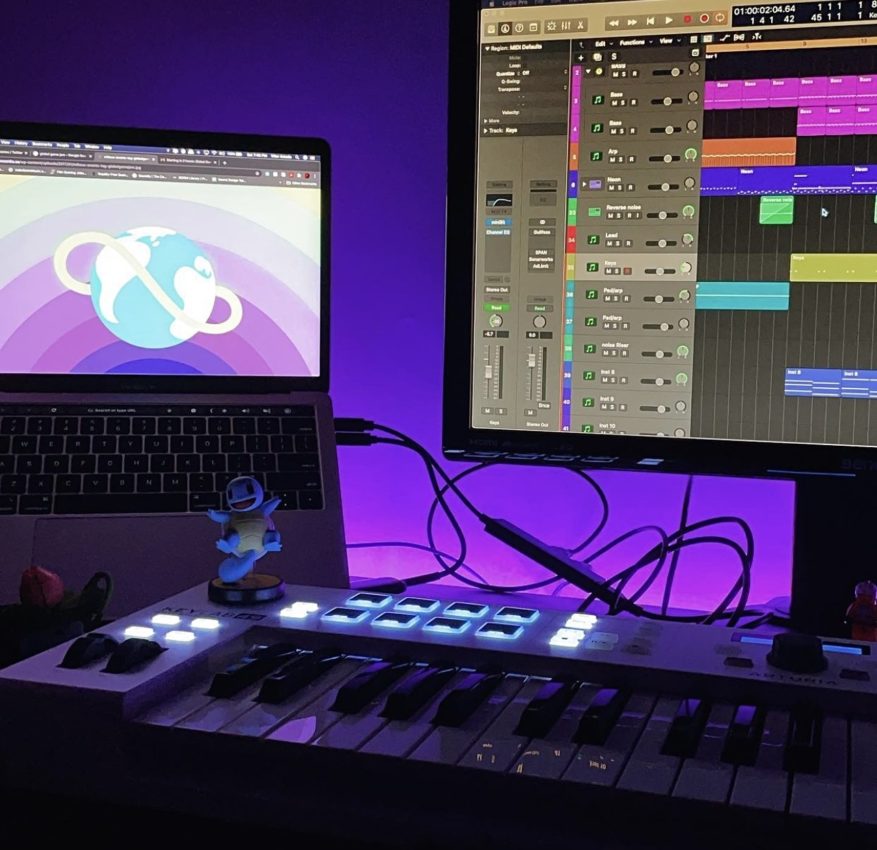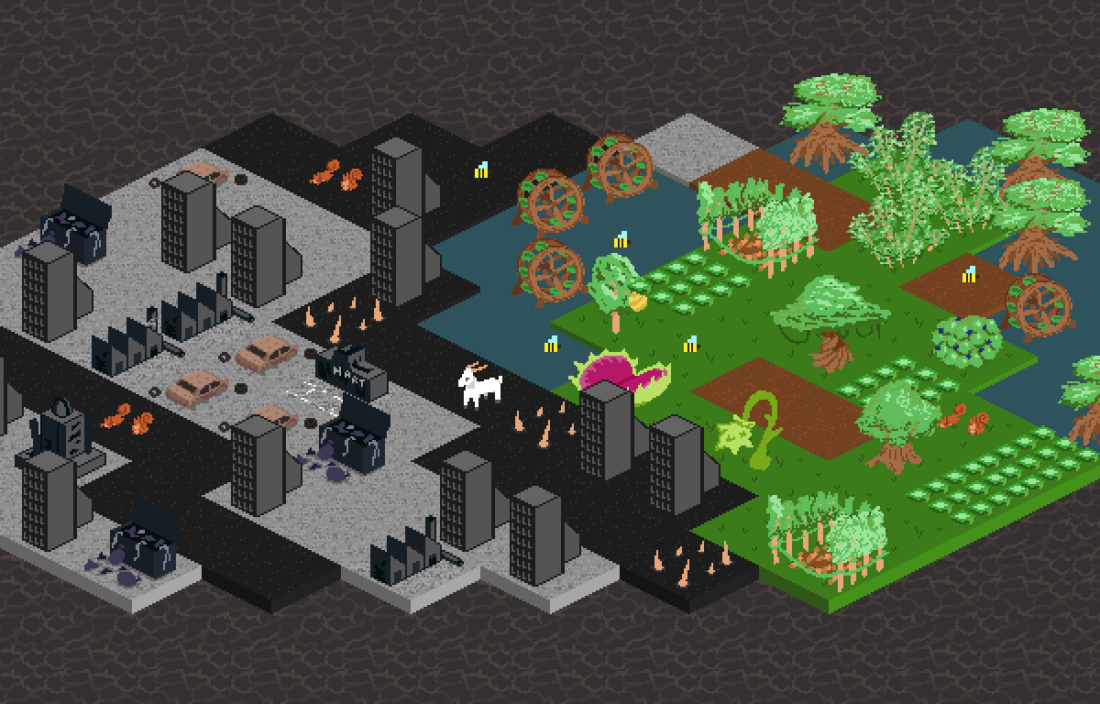
From Jan. 29-31, Saskatchewan residents gathered over Discord to develop playable games in just one weekend.
Global Game Jam is an annual event that gathers those interested in game design to work solo or in teams to produce a playable game in just one weekend. It is hosted worldwide, with 680 communities participating in 2022, including Saskatchewan. The global theme was “duality.”
“It’s always impressive to see what you can make in two days. Making games, although it may look easy, it’s actually ridiculously difficult,” said Michael Long, an organizer for Global Game Jam Saskatchewan 2022.
Long, a graduate from the University of Saskatchewan and CEO of Foolish Mortals, a Saskatoon game development studio, says that this year’s Saskatchewan event hosted 46 participants, who created a total of 14 successful games in a 48-hour period.
One of the participating teams this year was Team Bee, comprised of first-year U of S computer science student Mykyta Shvets, University of Regina graduate Colin Witow, Regina software engineer Rene Dufour-Contreras and Saskatchewan Polytechnic student Rome Daniel.

Team Bee used the 48 hours to create Factree. The game, whose name is a play on the words “factory” and “tree,” is what Shvets calls “an inverse factory-builder.”
“There’s a lot of factory-building games out there and a lot of them focus on cutting down trees and setting up big, huge factories … You cover everything in concrete and then put perfect factories on top, but nature gets neglected in the process,” Shvets said.
“So we were thinking, what if it was the opposite? What if we placed nature on top of a city, and if nature slowly took over a city and brought back all the greenery and life?”
To play Factree, the player starts with a concrete landscape and must strategically spend resources to plant a forest, using nitrogen-producing caraganas, pollinating bees and factory-demolishing “wrecking ball” plants. The game is won when plants have overtaken the city and made it into an ecosystem.
With the 48-hour time constraint, not all Game Jam teams manage to finish their projects. But, as participant Owen Tessmer explains, the mere practice from participating in the event is still worthwhile.
Tessmer, a second-year computer science student at the U of S, participated in Game Jam for the eleventh time this year. Although his team did not complete their project — a fighting game in which players select and develop two fighter characters while balancing their respective strengths and weaknesses — Tessmer is still pleased with the experience.
Tessmer has worked with many different Game Jam teams over the years, and says that preparation helps make the 48-hour development cycle efficient. He recommends implementing systems for managing tasks among the team, and discussing each member’s strengths and weaknesses, but above all, all teammates must be motivated.
“No matter [the teammates’] skill levels, as long as they’re actually trying and they don’t give up because they hit a road bump or two. It can be demotivating for the whole team when someone is half into it … because you do hit road bumps all the time.”
Tessmer says another reason for participating in Game Jam is that it allows individuals to put in practice many skills besides programming.
“The thing about making games is that it’s a very interdisciplinary subject,” Tessmer said.
Similarly, Long says that Game Jam is truly open to anyone that is interested, regardless of their experience or knowledge of coding.
“It takes a lot of different skills to make a game. There’s level design, there’s writing, there’s music, there’s voice-acting. It basically takes a whole village to make a game,” Long said.
—
Sandra LeBlanc | News Editor
Photos: As Credited
Leave a Reply